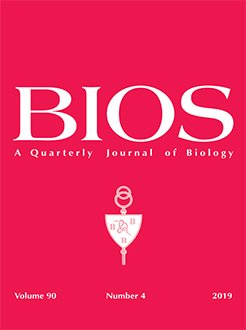Skin and soft tissue infections (SSTIs) and methicillin-resistant Staphylococcus aureus (MRSA) are becoming increasingly prevalent in the healthcare field. Certain traditional medicines have been shown to have antibacterial properties. This study aims to identify medicinal plants with antibacterial properties against SSTI-associated bacteria and MRSA, and identify the specific antibacterial compounds within each extract. Five plant extracts were examined: burdock (Arctium minus), mullein (Verbascum thapsus), red clover (Trifolium pretense), yarrow (Achillea millefolium), and bilberry (Vaccinium myrtillas). The extracts were examined for antibacterial effects against Escherichia coli, Staphylococcus aureus, Pseudomonas aeruginosa, Enterococcus faecalis, Streptococcus pneumoniae, Enterococcus saccharolyticus, and MRSA. Mullein and red clover extracts were the most effective, inhibiting five of seven bacteria, including MRSA. Growth of the highly resistant bacterium was inhibited by mullein extract and red clover extract. The compounds identified by gas chromatography-mass spectrometry (GC-MS) within red clover and mullein with antibacterial properties were ethyl linolenate and ethyl-α-d-glucopyranoside, respectively. This is the first initial screening study to identify mullein and red clover extract as potential topical antibacterial agents against MRSA, which suggests that further study is needed.
How to translate text using browser tools
10 February 2020
Mullein and red clover extracts are effective antibacterial agents against methicillin-resistant Staphylococcus aureus (MRSA) and four skin and soft tissue infection (SSTI)-associated bacteria
Courtney N. Shade,
Kisun Peters-Diaz,
Sarah E. Ruffell
ACCESS THE FULL ARTICLE

BIOS
Vol. 91 • No. 1
March 2020
Vol. 91 • No. 1
March 2020
antimicrobial
growth inhibition
medicinal plant extracts
Microbiology




